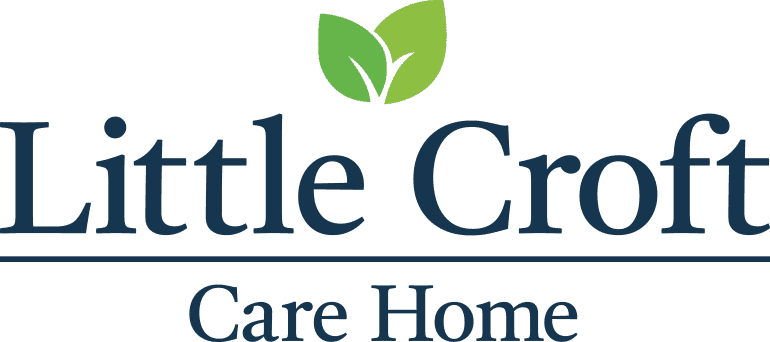When choosing a care home for a loved one, you may come across a lot of new terms that can add confusion to an already difficult time. At Little Croft, we want to do whatever we can to ensure that your care home research is as straightforward as possible, to allow you to be able to make the most informed decision. To help with this, we have put together a list of care home-specific words and phrases, along with their definitions, as a reference when trying to find the most suitable care home.
Activities Coordinator
An activities coordinator is someone who works at the care home and is responsible for planning and organising activities and social events for residents. We take great pride in the activities that we put on for our residents, allowing them to try different activities, beyond a standard care home sing-along. From art to physical activities, our activities coordinators listen to what the residents want to do and ensure that all our residents are happy and active.
Assisted Living
An assisted living home provides assistance with activities of daily living, such as cleaning and providing nutritious meals. Importantly, it allows residents to maintain a degree of independence.
We understand the importance of independent living, as well as personal care; we aim to give all our residents as much independence as it is safe to do.
Caregiver
A caregiver is someone who provides direct care to residents, including personal care and assistance with daily activities. You can see our full list of dedicated caregivers here.
Care Plan
The care plan is a detailed plan created for each resident outlining their care needs and how they will be met. We will listen closely to the families of our residents to better understand the level of care that is needed. We will monitor our new residents as they settle in, in order to make our care plans as accurate, and specific, as possible.
It doesn’t stop there; our care plans must remain up to date. So we operate with computerised care plans which are frequently updated to reflect any necessary changes, or important notes for the caregivers to allow the highest quality care to be carried out.
Cognitive Impairment
This is a reduction in cognitive abilities, including memory and decision-making skills, often seen in dementia. This is one of the changes in the elderly that can make living alone difficult, and in some cases dangerous.
Convalescent Care
Convalescent Care is a type of medical and therapeutic service designed to help individuals recover from illness, surgery, or serious injury. It involves personalised care plans, medical monitoring, rehabilitation therapy, medication management, nutritional support, and assistance with daily activities.
We are a home that will work closely with medical professionals to offer high quality convalescent care.
CQC
CQC stands for “Care Quality Commission”, which is the independent regulator of health and social care in England. They carry out inspections on all care facilities, and produce detailed reports. When you are looking for a care home, CQC reports should be made available to you on request by any home.
Dementia Care
Dementia care involves specialised support and services for individuals with dementia. A home providing dementia care will focus on enhancing its resident’s quality of life through medical management, cognitive therapies, and assistance with daily activities in a safe and supportive environment.
Hospice Care
Hospice care provides compassionate end-of-life support focused on comfort and quality of life, offering pain management, emotional support, and palliative care for patients with terminal illnesses and their families.
Memory Care
A memory care facility is a specialised type of care home designed to meet the needs of individuals with Alzheimer’s disease or other types of dementia.
Palliative Care
Palliative care differs from end-of-life care in that it encompasses a broader approach to care that can be provided at any stage of a serious illness, not just at the end of life. It focuses on relieving symptoms, managing pain, and addressing physical, emotional, and spiritual needs.
We can work alongside your loved one’s doctors to ensure appropriate palliative care is provided.
Pet Therapy
Pet therapy is the use of animals to provide comfort, companionship, and emotional support to residents. The benefits of animal companionship on mental and physical health are well documented, this is why we encourage animal visits.
Person Centred Care
This is an approach to care that respects and values the individuality of the resident, focusing on their specific needs and preferences. We take this very seriously, as can be shown in our specific care plans.
Respite Care
Respite care provides temporary relief for primary caregivers by offering short-term care. It can also be beneficial after a hospital visit which has temporarily increased your loved one’s care needs. It can be arranged for a few hours, days, or longer.
Visitation Policy
These are the rules and guidelines outlining when and how family and friends can visit residents. It is important to know and understand this policy for any care home you consider to be able to visit your loved one as frequently as you can.
Wandering
Wandering is when an elderly person, often with dementia, moves about without a clear purpose or direction, sometimes leading to safety concerns. It is often at this stage when help from a care home with 24/7 care is the safest option.
The world of care homes can be difficult to understand; if you have any questions outside of the information above, then please do not hesitate to contact our friendly team today and we will be happy to help.

